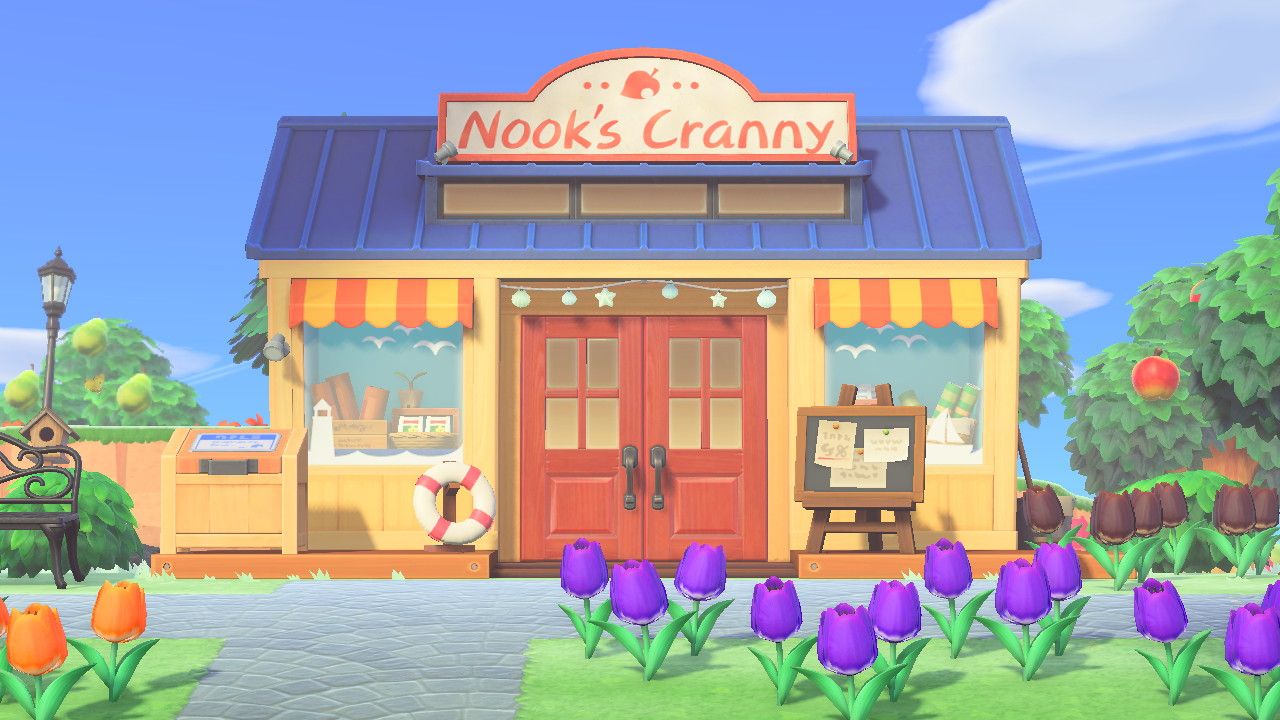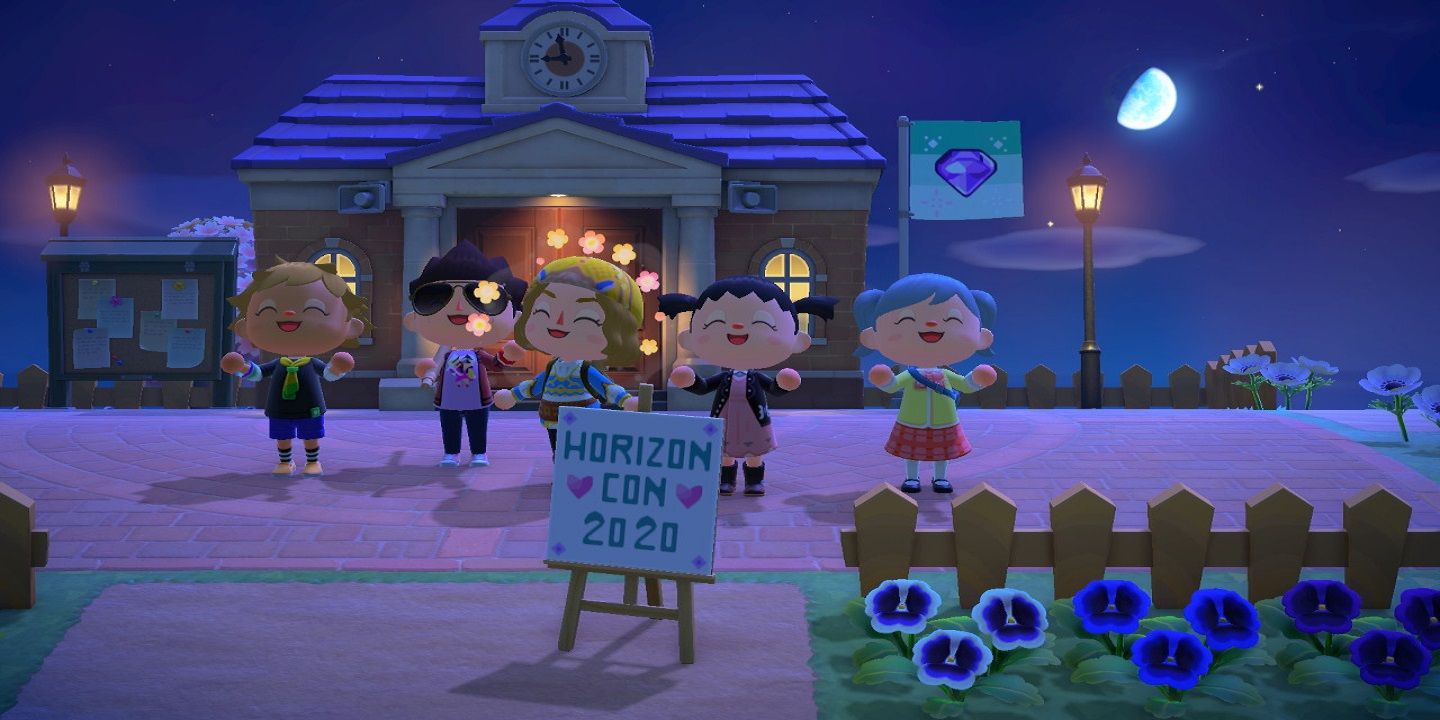Animal Crossing has hit new levels of popularity with this year's release of New Horizons, a game that took the world by storm. It brightened the lives of many mid-lockdown, providing a conduit for much-needed social interaction. Animal Crossing has always been a whimsical series aimed at a wide audience, and New Horizons simply hit at the perfect time to expand that reach further.
Of course, more players means more conversation and controversy. One particularly contentious topic is time traveling. Let's look at what that means and why people feel so strongly about it.
Time Is of the Essence
This debate centers on the fact that Animal Crossing's central mechanic is its real-time clock. Unlike other popular life sims such as Stardew Valley, time passes in Animal Crossing as it does in real life. The real-world clock affects every aspect of gameplay: villagers have daily schedules, stores keep actual hours, bugs and fish migrate, and seasons and holidays match their real counterparts. Animal Crossing wouldn't be the same without this clock system. The games are about truly living in a second life in a world that operates as realistically as a world full of talking animals can.
Beyond game feel, the real-world clock materially informs progression and player rewards. Everything takes time and patience, from filling out your museum's collection to upgrading your house and island. Animal Crossing asks the player to engage for the long-term, slowly experiencing its content. The game truly wants and encourages players to not just play, but to live in Animal Crossing. This is part of why the series feels so unique and fills such a particular niche in the industry.
However, some players see the real-world elements of Animal Crossing as overly restrictive. This is where time traveling comes in. Essentially, this is a way to spoof the game's clock to believe time has passed by adjusting the Switch's internal clock in the settings. It's an easy workaround to the game's gated progression, but one that some players take umbrage with.
Half of the issue is that time traveling undermines the intrinsic design of Animal Crossing with respect to time-based progression. Want to have your house upgraded immediately? Simply jump ahead one day. Want to fill your bank account with Bells? Simply deposit some money in your ABD account and time travel to collect the interest. In need of some rare items? Simply reroll the shops with a time skip. Decisions like this cut against the intent of the developers.
Impacting the Online Space
That isn't the only reason many players object to time traveling. Perhaps a more material concern than intrinsic design considerations is that some feel time traveling fractures the communal experience. Now more than ever, Animal Crossing is a community game. By time traveling, players are breaking the economy, speeding ahead to features that others haven't organically seen and generally spoiling the experience online.
Time traveling creates a situation where many members of the online community are subjected to a play space that isn't level. In this sense, like with the now-patched item duplication glitches, time traveling can feel more like cheating. Everyone is island-hopping, playing together and (most importantly as it relates to time traveling) trading items and villagers. Time traveling gives players a distinct advantage through faster resource access, and in this online space, players adhering to the game's rules are punished for doing so.
Another Consideration
In past Animal Crossing titles, the time traveling debate was more theoretical and focused on the intent of the game. However, New Horizons' wider reach and extensive online community complicates the discussion. Even with this in mind, it's difficult to cast overarching judgement on time travelers. Above even the game's emphasis on real-world time mechanics, Animal Crossing is about playing at your own pace.
It's short-sighted to acknowledge the game's rigid progression without also acknowledging its fluid structure. Part of the series' charm is how it never demands more or less of the player than they're willing to give. Through this lens, lambasting someone for time traveling is unfair. It could be construed as cheating, and it does objectively impact the online experience, but it's also the decision of the player. It's their experience, and Animal Crossing is chiefly a game about just that -- player agency. As long as spoilers are kept offline, time traveling doesn't affect the enjoyment of others. Still, it's a tricky situation, one that will continue to divide the Animal Crossing community with each new entry.




